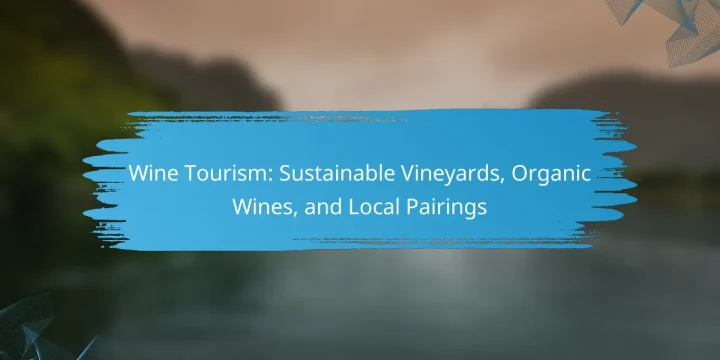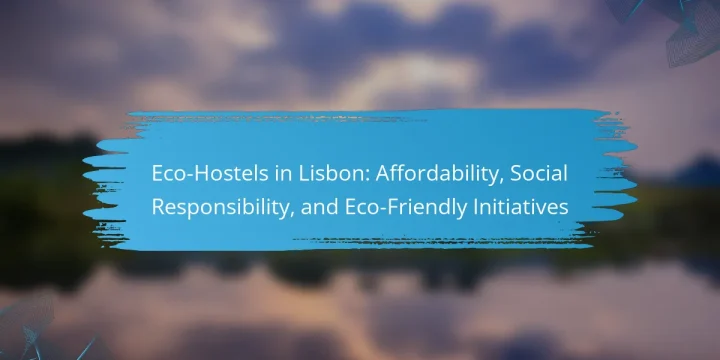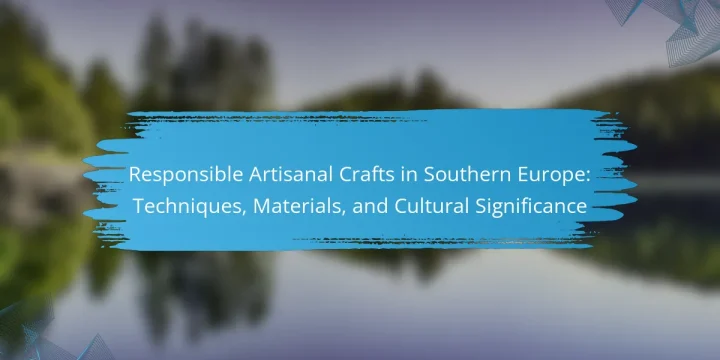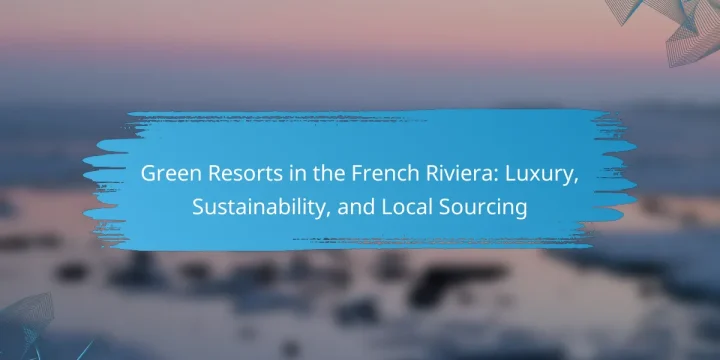
Wine tourism enhances eco-friendly practices and supports local economies. It promotes organic wines, showcasing their health benefits and unique terroirs. Local food pairings elevate the tasting experience, fostering connections to regional culture. Sustainable vineyards prioritize biodiversity and ecological balance, appealing to environmentally conscious travelers. What are the benefits of wine tourism for sustainable vineyards? Wine tourism benefits sustainable vineyards by promoting eco-friendly practices, enhancing local economies, and fostering community engagement. It encourages the use of organic farming methods, which can increase biodiversity and soil health. Visitors often seek authentic experiences, leading to increased sales of organic wines and local products. This tourism model supports sustainable practices, ensuring vineyards remain viable and environmentally friendly. Additionally, wine tourism can create educational opportunities, raising awareness about sustainable agriculture and conservation efforts. How do…








